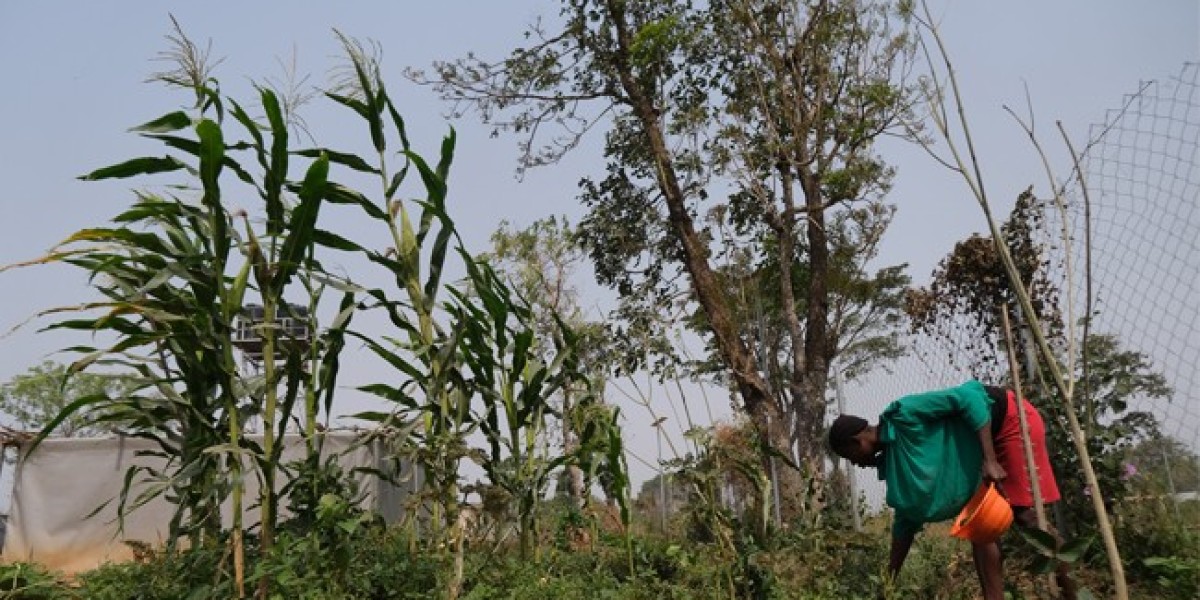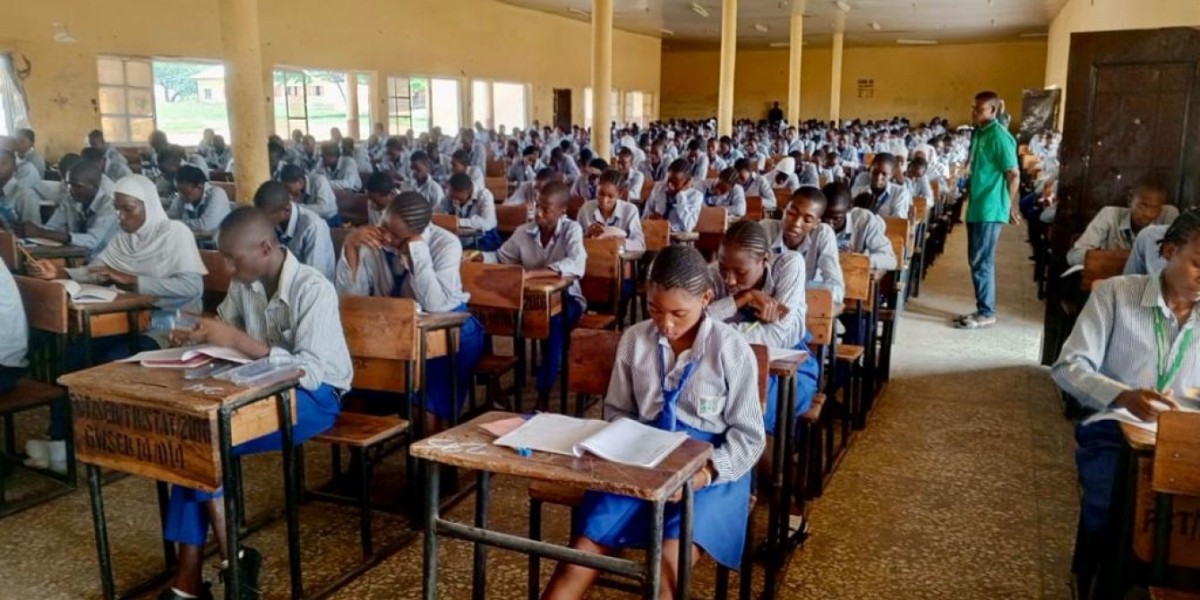Women in Kano State have been encouraged to adopt climate-smart agriculture as a pathway to economic empowerment and sustainable livelihoods. This call to action was made during a two-day workshop that brought together 50 women from 11 Local Government Areas (LGAs) across the state.
The workshop, organized by Bridge Connect, focused on promoting eco-friendly agricultural practices that can improve economic security, particularly for women in rural areas. Facilitators introduced innovative farming methods such as organic pest control, climate-resilient crops, water management, and waste recycling, aimed at enhancing sustainability and productivity.
Mrs. Bukola, a gender expert, emphasized the dual benefits of climate-smart agriculture, noting that it not only contributes to environmental preservation but also helps women overcome obstacles in agricultural value chains. "Women face significant challenges like limited access to resources, societal stereotypes, and unequal decision-making power," she explained. "By equipping them with sustainable farming skills, we empower them to break through barriers and increase their productivity."
Aisha Ado, a farmer from a rural community, shared her experience: "I’ve been farming for two years, but this training has transformed my approach. I now know how to implement sustainable practices to improve my yield. I’ve also learned how to speak out against gender-based violence and educate other women in my cooperative. This program has boosted my confidence and my business."
The workshop also highlighted the connection between economic independence and combating gender-based violence (GBV). Facilitators pointed out that financial self-sufficiency can help women challenge the inequalities that often fuel GBV. According to the 2018 National Demographic and Health Survey, 33% of Nigerian women aged 15-49 have experienced physical or sexual violence. The training aims to address these deep-rooted issues by equipping women with valuable skills, connecting them to mentors, and offering market opportunities.
"Women have an essential role in agriculture, particularly in Kano, where they significantly contribute to the local economy. However, systemic inequalities and violence often limit their potential," said one facilitator. "By embracing climate-smart agriculture, women can not only improve their livelihoods but also become agents of change in their communities."
At the end of the workshop, participants left with newfound technical knowledge and the determination to use agriculture as a means to both empower themselves and contribute to positive change in society. The hope is that this model will be replicated across the country, providing more women with access to sustainable livelihoods and the resources they need to succeed.
Channelstv



